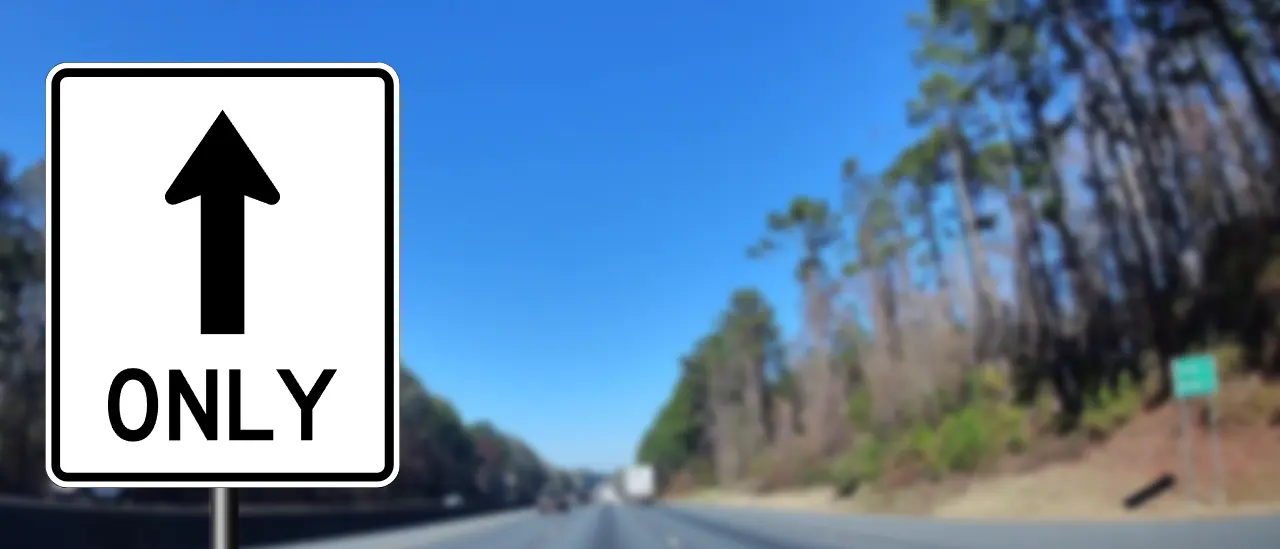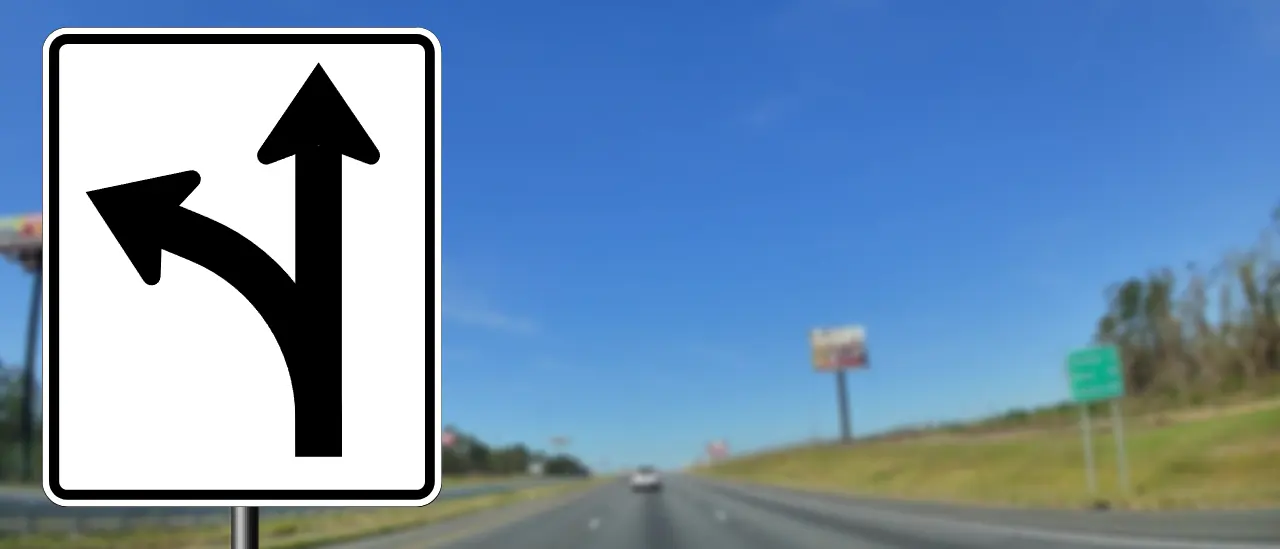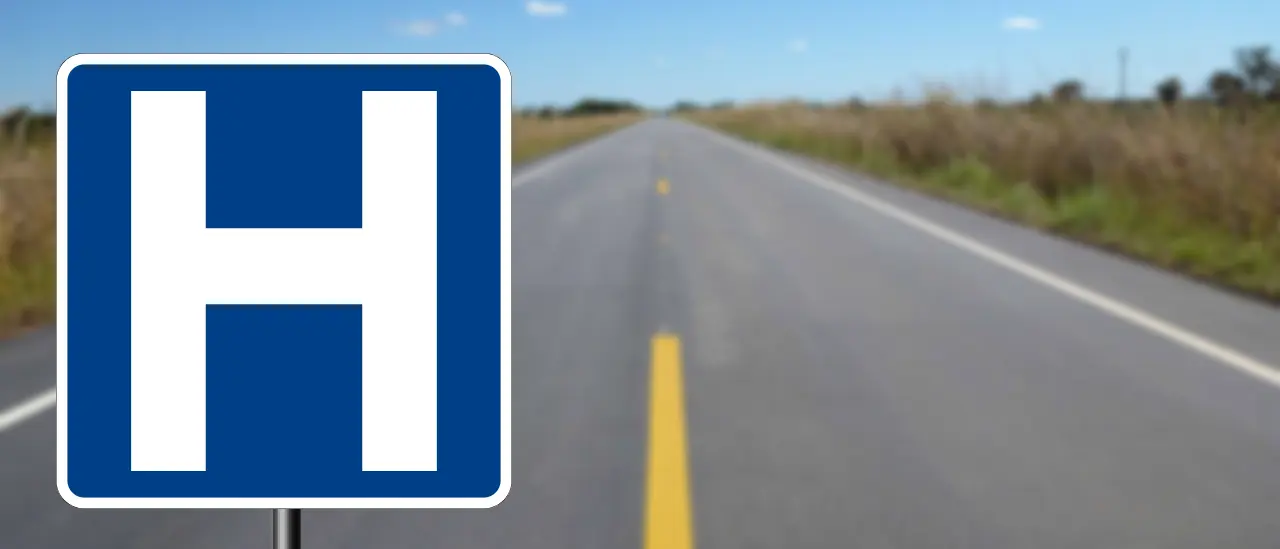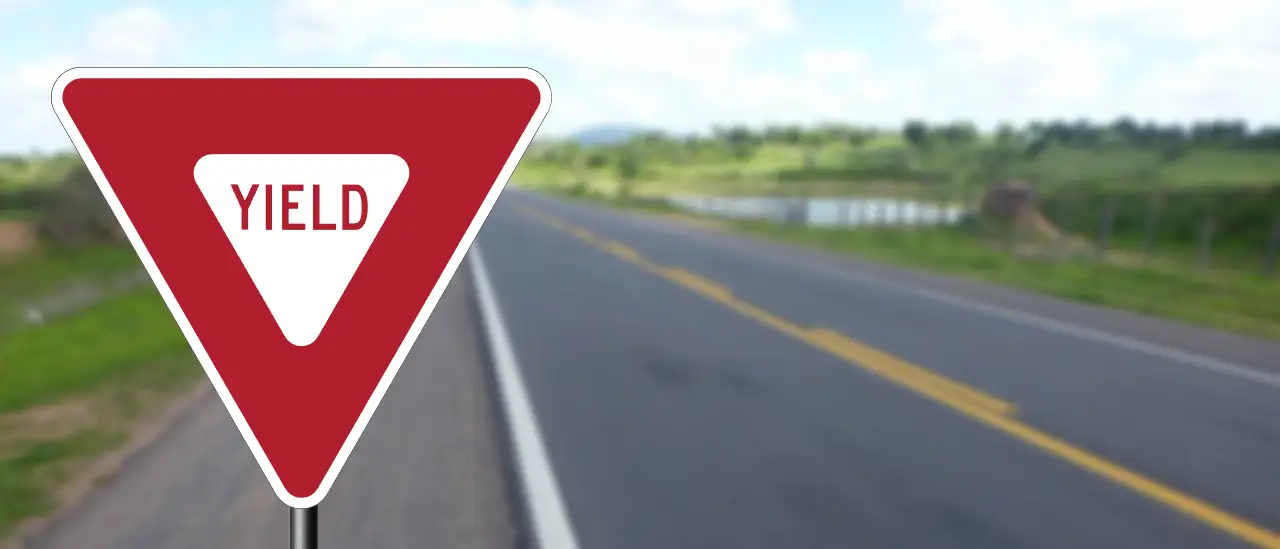DMV Practice Test for California Driving Permit
Which color canes are used by blind pedestrians?
Black
White
Blue
Red
Blind pedestrians may carry white canes
or use guide dogs.
At what limit line should you stop your vehicle when
approaching a stop sign?
Solid white limit line.
Broken yellow limit line.
Broken white limit line.
All of the above.
When approaching a stop sign, you must
stop your vehicle at the solid white limit line.
Which of the following statement is true regarding
unsafe passing?
Road markings are broken
yellow lines.
Vehicle in front of you
is driving slower than the safe speed.
Upcoming road is straight
and clear.
You are moving through an
intersection.
When you are moving through an
intersection, you are prohibited from passing another vehicle.
In California, what are you not allowed to do when you
park or leave the vehicle on the street?
Keep headlights on.
Park vehicle in other
direction.
Lower the windows.
Keep the engine on.
You are not allowed to keep your windows
down when parking the vehicle on the road. You need to keep a few things in mind while
parking the vehicle: first, roll up the windows; after that, stop the engine; next, you
need to lock the ignition and then remove the keys; you need to set the parking brakes
and last but not least, lock the doors of the vehicle.
What should you do when traffic is behind you, and you
are exiting a high-speed two-lane roadway?
Do not slow down vehicle
too quickly.
Slow down the vehicle
quickly.
Increase the speed.
Continue moving with the
same speed.
Do not try to slow down the vehicle
immediately when traffic is following you and on a two-lane roadway you are turning off
the high-speed.
What do you mean by this sign?

One-way road ahead.
Only go straight.
Do not proceed.
Do not enter.
This sign means that vehicles should go
straight, as turns are prohibited from this lane.
From which side of the central island do you need to
enter when approaching a roundabout?
Centre
Left
Right
All of the above
Drivers must always enter from the right
side of the central island.
In California, what is the speed limit for a blind
intersection?
40 mph.
30 mph.
20 mph.
15 mph.
An intersection is called blind when
there is no signboard posted, or you are unable to see for 100 feet in any of the
directions. In California, 15mph is the speed limit for blind intersections.
What do you mean by this sign?

Do not turn left.
Go straight or turn left.
Do not enter.
Merge left.
This sign means that the vehicle can
either turn left or go straight.
What do you mean by this sign?

Highway ahead.
Hill zone ahead.
Hospital ahead.
Rest area ahead.
The sign indicates that there is a
hospital ahead.
What does the regulatory sign on the road tell you?
Stop, proceed in certain
direction or speed limit.
Warns you for hazardous
conditions.
Helps you to navigate
the direction or distance.
Warns you for the
temporary roadwork condition.
The regulatory sign helps to control the
traffic flow as well as foster safe driving. If a driver has failed to obey these rules
and regulations, they will be charged with penalties.
In California, what is the first rule of a legal and
safe turn?
Continue moving with the
current speed.
Increase the speed of
the vehicle.
Decrease the speed of
the vehicle.
Before making turn move
into the proper lane.
In California, before making a legal and
safe turn, move into the proper lane.
What do you mean by this sign?

Do not stop.
Give right-of -way.
Do not turn right.
Do not go straight.
This sign means that drivers need to
give right of way to the pedestrians at the intersection or whenever they see this yield
sign.
In which situation are you prohibited from using
high-beam light?
Driving in the
countryside at night.
Driving on a winding
road.
Driving during fog, snow
or heavy rain.
Driving in construction
zone.
You are not allowed to use high-beam
light if there is snow, fog or heavy rain.
Where should you continuously look after looking at
the front, sides and rear when you are reversing your vehicle?
At the dashboard.
In the side mirrors.
To the rear.
To the front.
Before reversing the vehicle, you should
first look at the front, then the sides, and after that look in the rear, and while you
are reversing you should continuously look in the rear.
Which place has the higher chance for accidents to
occur between car and motorcycle?
Intersections.
Parking lots.
Rest area.
Roundabouts.
Intersections have the highest chances
of collision between cars and motorcycles.
What is the best thing to do if your vehicle breaks
down on the freeway and, as the road is not wide, you are not able to completely move
the vehicle off the road?
Leave the vehicle where
it breaks down and block the lane.
Stay inside the vehicle
and wait for the helper to arrive.
Exit on the right side of
the vehicle and carefully proceed to a safe place.
Start honking to alert
drivers that your car is broken.
In such a situation the best thing is to
exit from the right side of the vehicle and then proceed carefully to the safe place.
What should you do if your vehicle's tire gets flat
while driving?
Increase the speed of
the vehicle.
Tightly hold the steering
wheel and keep the vehicle straight.
Mkae U-turn.
Immediately stop the
vehicle and wait for the helper.
In such a situation, you need to
carefully and tightly hold the steering wheel and gradually slow the vehicle down. Do
not brake hard.
What should you do before reaching the top of the hill
or a curve?
Turn on the headlights.
Increase the speed and
go straight.
Reduce the speed and
move to the left side of the lane.
Slow down and move to the
right side of the lane.
Curves and hills are sharper and steeper
than highways, so drivers need to reduce the speed of the vehicle and try to keep the
vehicle on the left side of the lane.
For whom are High-Occupancy Vehicle (HOV) lanes
reserved?
Vehicle having more than
one person and carpools.
Big trucks with
trailers.
Farm trucks or machinery
trucks.
All of the above.
Carpools, or vehicles having more than
one person, are those for whom (HOV) lanes are booked for.
Report Card
Total Questions Attempted: 0
Correct Answers: 0
Wrong Answers: 0
Percentage: 0%
California DMV permit Test MCQ's 2025
Practice for the California DMV test by attempting these exam-like MCQs that will prepare you for the actual permit test.